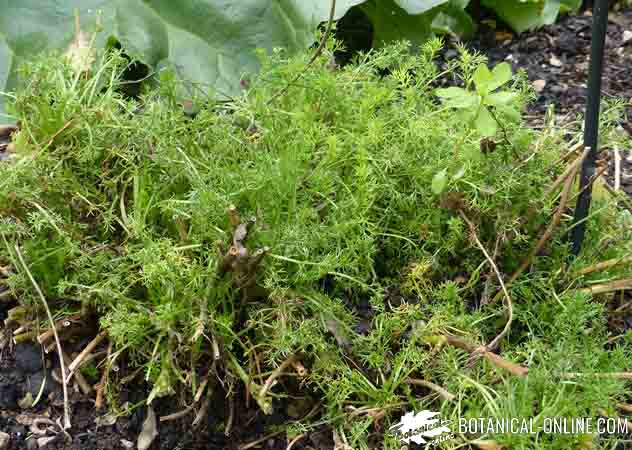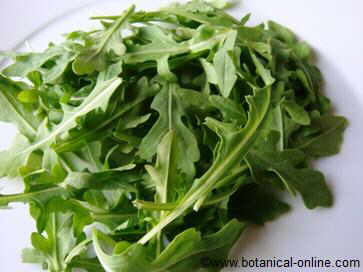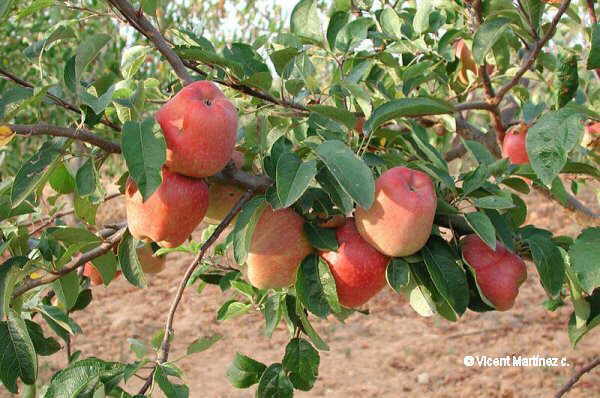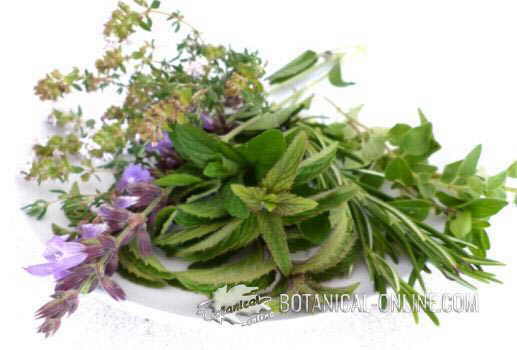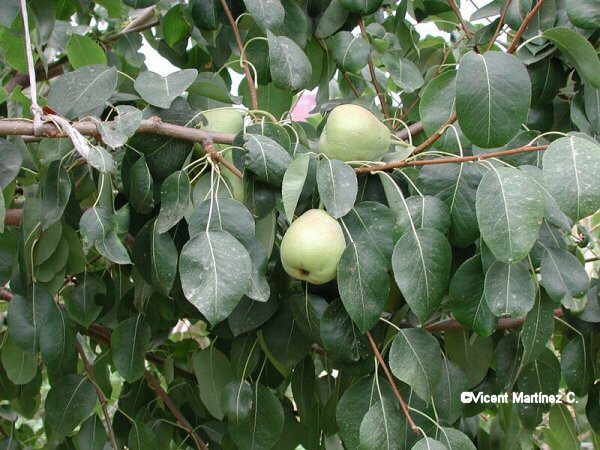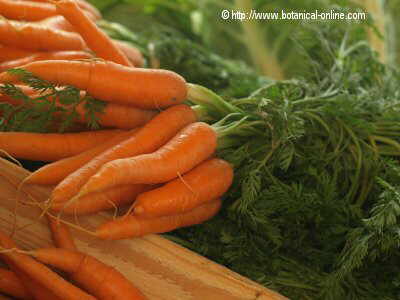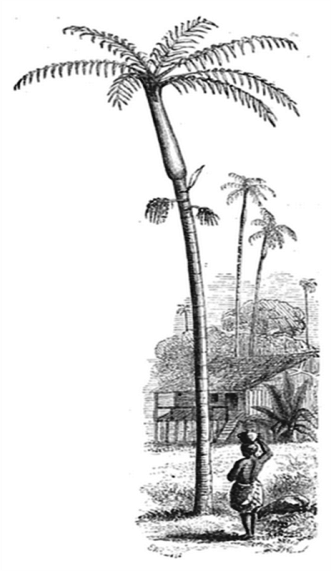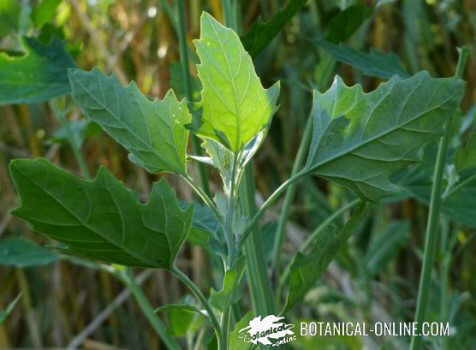Contents
Herbal remedies for macular degeneration
Phytotherapy: Medicinal plants preparations for macular degeneration
Phytotherapy in the treatment of macular degeneration involves using a number of plants that aim to:
- Protect eye cells
- Improve circulation to the eyes
- Reduce eye strain.
Its use can help delay it or diminish its progression.
Medicinal plants for macular degeneration
Among all the suitable plants we can mention the following:
- Ginkgo (Ginkgo biloba) Hardening of blood vessels can cause bad circulation in the the eye, producing vision lost because of macular degeneration.
An inadequate diet together with some aggressive environmental conditions and the own oxidation of the organism is the cause of the appearance of free radicals that can affect many body organs including eyes which are one the most sensitive. (About 120 mg a day of extract of ginkgo distributed in three doses. It can be bought in pharmacies of natural health stores)

- Bilberry (Vaccinium myrtillus, Vaccinium australe) During the Second World War, British pilots accidentally discovered that their sight improved if they ate bilberry jam regularly. They also found that their view more easily adapted when going from brightly lit areas to darker areas. Subsequently, there have been numerous studies have showing the importance of these fruits for sight conservation and prevention of many eye diseases.
Blueberries are rich in flavonoid anthocyanin, a pigment found in some fruits ranging from red to blue or purple as blueberries, raspberries, cherries, purple cauliflower, plums and grapes. These components have antioxidant properties that help repair the injuries that occur inside the eye by the action of free radicals.
The work of these flavonoid specifically focuses on the repair of retinal nerve cells, by means of increasing blood flow, which brings more nutrients to the eye to protect collagen, and produce rhodopsin faster. Rhodopsin is a protein in the rods of the retina which responsible for capturing the light.
Eating bilberries can be a good way to protect your eyes against many eye diseases, such as night blindness, retinal detachment, diabetic retinopathy, cataracts, glaucoma or macular degeneration.
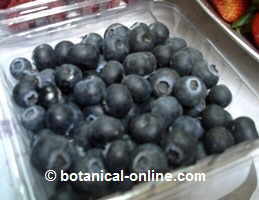
- Black currant (Ribes nigrum) Many eye diseases are caused by a problem of adequate blood flow. Moreover, the action of free radicals on the retina causes degeneration of rod photoreceptors of the retina that are responsible for capturing the light. Flavonoids have antioxidant properties and, therefore, they are able to prevent the degeneration of photoreceptors while increasing blood flow.
The use of black currant is effective in treating diseases of the vision such as night blindness or myopia. Preparations with black currant fruit helps capture more light so that people affected can see better at night or in low light. For its antioxidant properties and its ability to protect the capillaries of the retina, the use of this plant is appropriate in all cases of macular degeneration. (Take tincture or currant syrup fruit under the terms of the patient’s leaflet. It can be bought in pharmacies or natural health stores)
- Carrot (Daucus carota) It is rich in vitamin A in the form of beta carotene with antioxidant properties that protect eye health. (Take carrot juice)
- Horsetail (Equisetum arvense) It also has anti-inflammatory properties, it is adequate to reduce eye strain in eye conditions such as glaucoma or delay the onset of myopia and hypermetropia or prevent vision deterioration. (Make eye baths with towels soaked in the liquid from the decoction for 10 minutes of 100 grams of dried plant in a liter of water)
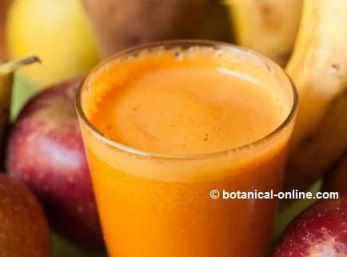
VITAMINS, MINERALS AND OTHER SUPPLEMENTS FOR MACULAR DEGENERATION
Supplements for macular degeneration
The use of certain minerals or vitamins can help slow the onset of macular degeneration or diminish its symptoms. The ingestion of these supplements, supervised by an ophthalmologist, may be complementary to conventional treatment. Among all of them, we could mention the following:
Supplements of essential fatty acids for macular degeneration
Essential fatty acids (Vitamin F= omega acids group) prevent macular degeneration and help in the formation of vitamin A from carotenes. They are linoleic acid (LA = omega 6) and alpha linolenic acid (= omega 3).
Taking supplements of omega-3 and omega-6 is a way of acquiring omega-3 fatty acids for people who do not take them from plant sources or do not eat enough fish. Supplement of omega-3 are taken in the form of capsules containing fish oil or supplements in capsules or powder from flaxseed oil. Supplements of omega-6 can be obtained from seed oils of black currant, borage or evening primrose.
For proper functioning of the body it has to established the suitable relationship between essential fatty acids omega-3 and omega-6. There is currently a too high proportion in the intake of omega-6 which typically ranges between 10: 1 to 20: 1. The proper ratio is considered 4:1, that’s to say, four parts of omega-6 and 1 part of omega-3.
This enormous superiority of omega-6 may be responsible at times for some heart diseases, depression, diabetes. etc. The solution is to increase foods containing more omega-3 or taking supplements of this component and reduce those foods rich in omega-6.
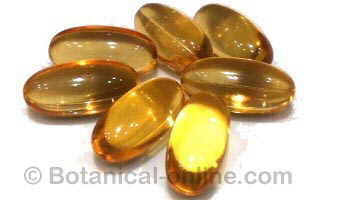
Vitamin A supplements for macular degeneration
- Vitamin A is essential for vision. Deficiency of this vitamin may even lead to total blindness. Its antioxidant power is very interesting to keep your eyes in good condition, (See more information in the study of vitamin A to know about the correct dosage and its potential toxicity)
- Vitamin C supplements macular degeneration : Because of its antioxidant properties, it can be useful to prevent it.
- Zinc supplements for macular degeneration : Zinc helps vitamin A to act.
- Supplements of bioflavonoids for macular degeneration : They exert an antioxidant function and therefore they can help maintain your vision in good condition.
![]() More information about macular degeneration
More information about macular degeneration

